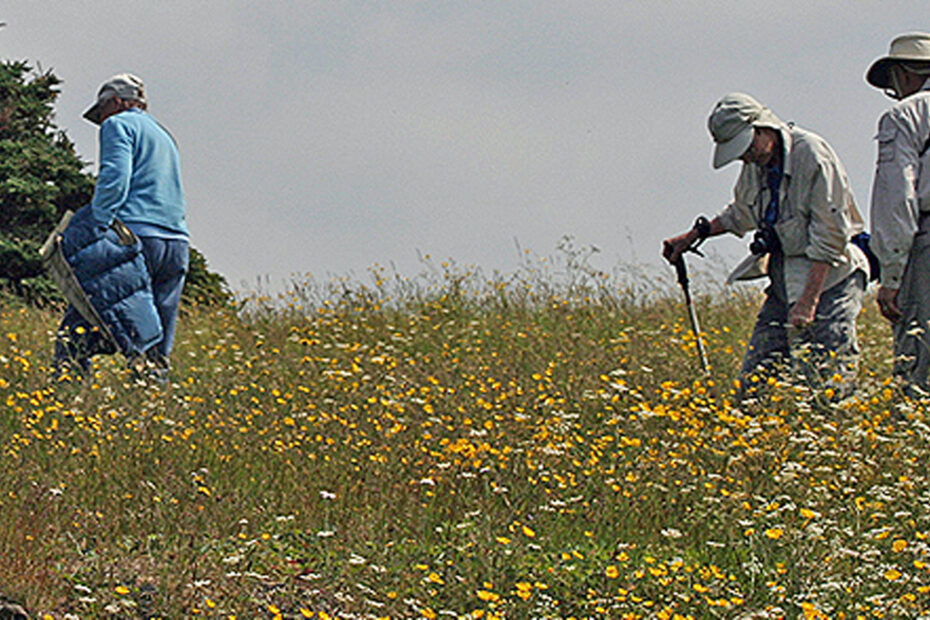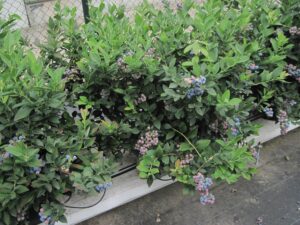Are Plants Truly Sentient Beings? Exploring the Fascinating World of Plant Consciousness
Are plants sentient? This question has long intrigued scientists and philosophers alike.
Plants have the ability to sense sunlight, gravity, touch, and even communicate with other plants through chemical signals. These capabilities suggest a level of awareness that challenges traditional definitions of sentience. Are plants sentient? Recent studies have shown that plants can adapt their behaviors based on environmental cues, such as changing their growth patterns in response to nearby competitors. Additionally, plants have been observed to exhibit signs of memory and learning, further blurring the line between sentient and non-sentient beings. While the debate continues among scientists, the notion of plant sentience raises important ethical questions regarding the treatment of these living organisms. In conclusion, are plants sentient? The answer remains a topic of ongoing research and debate. As our understanding of plant biology continues to advance, we may uncover more evidence to support the idea that plants possess a form of sentience. Whether or not plants can be considered truly sentient beings, it is clear that they are complex and fascinating organisms deserving of our respect and further study.While plants lack a central nervous system like animals do, they exhibit complex behaviors and responses to their environment that have led some researchers to believe they may possess a form of sentience..
Are Plants Sentient?
The question of whether plants are sentient beings continues to spark debate among scientists and philosophers. While plants lack a centralized nervous system and brain like animals, they do exhibit complex responses to their environment. Studies have shown that plants can perceive and respond to various stimuli, such as light, gravity, and touch. They can communicate with each other through chemical signals and even “learn” from past experiences to adapt to changing conditions. Some researchers argue that these abilities suggest a form of sentience in plants, although it may be very different from human or animal consciousness. Ultimately, the definition of sentience and consciousness is still a matter of philosophical interpretation. While plants may not have emotions or self-awareness in the same way that humans do, their sophisticated behaviors raise intriguing questions about the nature of life and intelligence. Further research is needed to fully understand the complexities of plant consciousness.
Investigating the Sentience of Plants: What Science Reveals
Investigating the sentience of plants has been a topic of interest and debate among scientists and researchers for many years. While plants may not have a nervous system or brain like animals, recent studies have revealed surprising findings about their ability to perceive and respond to their environment in ways that hint at a form of sentience. One key aspect of plant sentience is their ability to sense and respond to external stimuli. Plants can detect changes in light, temperature, touch, and even sound, adjusting their growth and development accordingly. This suggests a level of awareness and responsiveness that goes beyond simple biological processes. Furthermore, studies have shown that plants communicate with each other through chemical signals and even exhibit behaviors that can be interpreted as cooperative and altruistic. For example, some plants release chemicals when under attack by insects to alert neighboring plants, allowing them to prepare for potential threats. While the concept of plant sentience challenges traditional notions of consciousness, the accumulating evidence points to a more nuanced understanding of the complex abilities of these seemingly passive organisms. Further research in this area promises to shed more light on the fascinating world of plant intelligence and awareness.
Exploring the Sentience of Plants: A Comparative Analysis
| Category | Plants | Sentience |
|---|---|---|
| Definition | Living organisms that | Ability to perceive or feel sensations, |
| typically have roots, | emotions, or consciousness. | |
| stems, and leaves.. | ||
| Physical | Respond to stimuli such | Lack a central nervous system like |
| Characteristics | as light and water. | animals, but exhibit responses to |
| environmental stimuli. | ||
| Communication | Release chemicals, | Lack verbal or physical communication, |
| and Interaction | such as pheromones, to | but can interact with other organisms |
| attract or repel | through chemical signals. | |
| other organisms. | ||
| Consciousness | Do not possess | Debate exists on whether plants exhibit |
| awareness or self- | consciousness or self-awareness. Some | |
| relatedness. | studies suggest plant behavior may be | |
| analogous to cognition. | ||
FAQ
Q: Are plants sentient?
A: The concept of sentience, the ability to perceive and experience sensations, is a topic of ongoing debate in the scientific community. While plants do not have a nervous system like animals, they do exhibit responses to external stimuli, such as light, temperature, and touch. This is often referred to as plant behavior, but it does not necessarily indicate the presence of sentience as it is understood in animals.

Q: Can plants feel pain?
A: Plants lack a central nervous system and brain, which are essential for processing and experiencing pain in animals. While plants can respond to damage or stress through various physiological and biochemical mechanisms, there is limited evidence to suggest that they perceive pain in the same way animals do.
Q: Do plants have emotions?
A: Emotions, as experienced by animals, are complex psychological states that involve subjective feelings and cognitive processes. While plants do not possess the same cognitive abilities as animals, they can exhibit responses to environmental cues that may resemble adaptive behaviors. However, these responses are driven by biochemical and genetic mechanisms, rather than emotional experiences.
Q: Do plants have consciousness?
A: Consciousness, the state of being aware of and able to perceive one’s surroundings, is a highly debated topic in relation to plants.
Further research is needed to fully understand the nature of consciousness in plants.While plants lack the neural structures associated with consciousness in animals, some researchers argue that certain plant behaviors demonstrate a form of awareness or responsiveness to their environment..
Q: How do plants communicate with each other?
A: Plants can communicate with each other through chemical signals, such as volatile organic compounds released into the air or through their root systems. This communication helps plants respond to environmental changes, coordinate growth patterns, and defend against threats. While these interactions may appear intelligent, they are driven by signaling mechanisms rather than conscious decision-making.
- Cat Palm vs Majesty Palm: Which Should You Choose? - June 30, 2024
- Flowers That Survive Winter: Discover the Exceptional No. 5 - June 30, 2024
- The Ultimate Guide to the Growth and Care of the Black Pagoda Lipstick Plant - June 29, 2024





